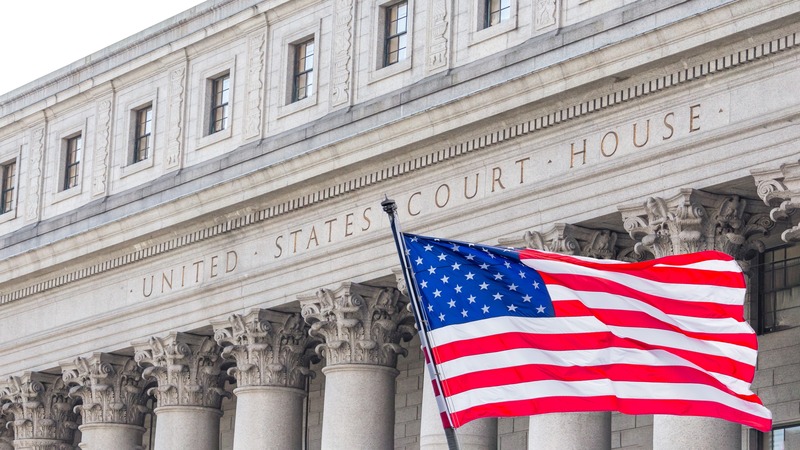
The Federal Courts system is ramping up its cybersecurity protections after saying that its electronic case filing system has been the target of recent “escalated cyberattacks,” including sensitive case information.
“The federal Judiciary is taking additional steps to strengthen protections for sensitive case documents in response to recent escalated cyberattacks of a sophisticated and persistent nature on its case management system,” a statement from court officials said, adding that the court system is “further enhancing security of the system and to block future attacks, and it is prioritizing working with courts to mitigate the impact on litigants.”
The announcement follows a report from Politico that revealed the Federal judiciary’s electronic case filing system was breached in a cyberattack that likely exposed sensitive court information across multiple states.
While court officials didn’t confirm whether sensitive information had been accessed in the breach, they noted that “sensitive documents can be targets of interest to a range of threat actors.”
Those documents have recently been receiving “more rigorous procedures to restrict access to sensitive documents under carefully controlled and monitored circumstances,” according to officials.
Most court documents are not confidential and are accessible to the public. Those that are sealed include confidential or proprietary information – such as that found in criminal cases and those involving minors or companies.
This isn’t the first time that the Federal judiciary has been the victim of a cyberattack. In 2020, the Judiciary’s Case Management/Electronic Case File system – which houses sensitive documents – was compromised by Russian actors through the use of SolarWinds software.
For years, other warnings from court officials and the Government Accountability Office have pointed to vulnerabilities in the Federal case management system and IT systems. U.S. Circuit Judge Michael Scudder had told lawmakers earlier this summer that the court systems were outdated and vulnerable to cyber threats, with around 200 million “harmful events” being blocked by system defenses in fiscal year 2024.
“The Judiciary has had to respond to waves of highly sophisticated and persistent cyber threats,” Scudder said in written testimony to Congress, adding that “we continue to face unrelenting security threats of extraordinary gravity.”
Chief Justice John Roberts, the chief administrative officer for the Federal court system, wrote in a report last year that “hackers steal information – often confidential and highly sensitive – for nefarious purposes, sometimes for private benefit and other times for the use of state actors themselves.”
Justice Roberts added that “we must as a Nation publicize the risks and take all appropriate measures to stop them.”
